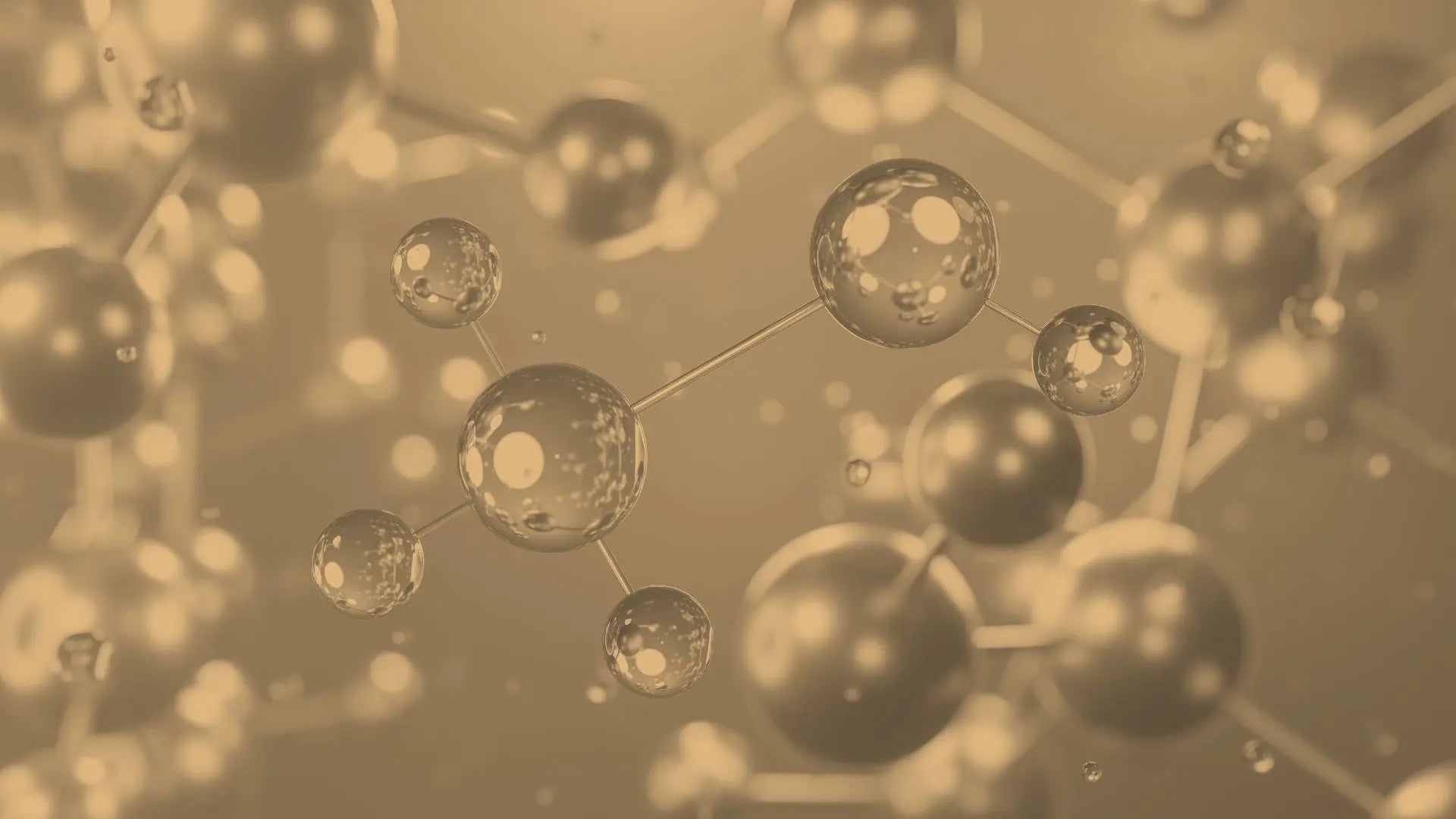
The Real Science of Hangovers: Why Women Experience Them Differently
Let’s be honest: waking up with a hangover is one of the worst ways to start your day. Unfortunately, due to sex-based differences in biology, women tend to experience this more often and more acutely than men. But why is this the case, and how can it be mitigated?
In this post, we’ll explain how key factors like metabolism, hormones, and body composition contribute to hangover intensity in women. Then, based on these scientific insights, we’ll also suggest ways that women may be able to bounce back from a hangover more quickly.
Defining a Hangover
According to the National Institute on Alcohol Abuse and Alcoholism (NIAAA), a hangover is “a set of symptoms that occur as a consequence of drinking too much.”
Alcohol causes hangovers due to a combination of dehydration, poor sleep, gastrointestinal irritation, generalized inflammation, exposure to acetaldehyde (a toxic, carcinogenic byproduct of alcohol), and even minor alcohol withdrawal.
Symptoms of hangovers can include:
- Fatigue and weakness
- Thirst
- Headache
- Muscle aches
- Nausea
- Stomach pain
- Vertigo
- Light and sound sensitivity
- Anxiety
- Irritability
- Sweating
- Elevated blood pressure
Why Hangovers Are Worse for Women
It’s scientifically proven that in general, drinking alcohol has worse aftereffects for women than it does for men.
According to NHS doctor Dr. Amir Kahn, this is because women produce less alcohol dehydrogenase (ADh), the enzyme that breaks alcohol down in the body: “Women have less [ADH] than men do, so they take longer to break down alcohol, so alcohol is floating around their bodies more, so they are more likely to feel the effects of alcohol and then get a hangover the following day.” The result is that alcohol tends to remain in women’s bodies for roughly 50 percent longer than men’s.
In addition, because women are typically smaller overall, their bodies contain less water, and they have higher body fat percentages, the same amount of alcohol impacts women much more strongly than men. This means that women’s blood alcohol content (BAC) also reaches higher levels than men’s.
The unfortunate result: a worse hangover the next morning.
Tips for Minimizing Post-Drinking Symptoms
Although women might be more vulnerable to hangovers, the following strategies can help reduce unpleasant post-drinking symptoms:
Before you drink
If you’re planning a night out, try these strategies to help your body bounce back from alcohol consumption:
- Start with Capsulyte’s PREGAME: This supplement is packed with helpful compounds. These include NAC, which may reduce unpleasant post-drinking feelings; Clovinol®, which can reduce negative feelings after drinking by 55 percent; Siliphos®, a milk thistle-derived compound that could lower cirrhosis risk; and DHM, a compound with anti-inflammatory and antioxidant properties.
- Eat beforehand: If you already have food in your stomach when you begin drinking, it slows down the absorption of alcohol and keeps your BAC from getting as high as it otherwise would (especially important for women).
- Choose your drinks wisely: Congeners are toxic compounds that can worsen a hangover. The drinks with the highest levels of congeners include red wine, whiskey, cognac, bourbon, and brandy.
A few proactive choices can make a big difference in how you feel the next day!
Stay hydrated before, during, and after drinking
One of the biggest side effects of alcohol is dehydration. That’s why many sources recommend consuming a glass of water for each alcoholic drink you have. As an added bonus, this strategy can also help you drink less alcohol overall.
For an added hydration boost, consider Capsulyte’s HYDRATION supplement. It includes Hydra 4G™ (a blend of sodium, potassium, magnesium, and calcium), zinc (an essential mineral for immune health), liposomal Pureway C™ (a potent antioxidant that may also promote immune function), and B vitamins (which support energy metabolism and neurological function).
Looking for more research-backed tips? Visit the Capsulyte blog for regular updates on smarter drinking habits.
Frequently Asked Questions
Why do hangovers often feel worse for women?
Differences in enzyme activity (like ADH), total body water, body size, and body fat percentage can raise blood alcohol concentration for the same intake, which may intensify next-day aftereffects.
Does eating before drinking help?
Eating beforehand slows alcohol absorption and can blunt BAC peaks. A balanced meal with protein, healthy fats, and complex carbs generally works best.
How should I hydrate around drinking?
Alternate alcoholic drinks with water and consider electrolytes to support normal fluid balance. Many aim for a glass of water between drinks.


